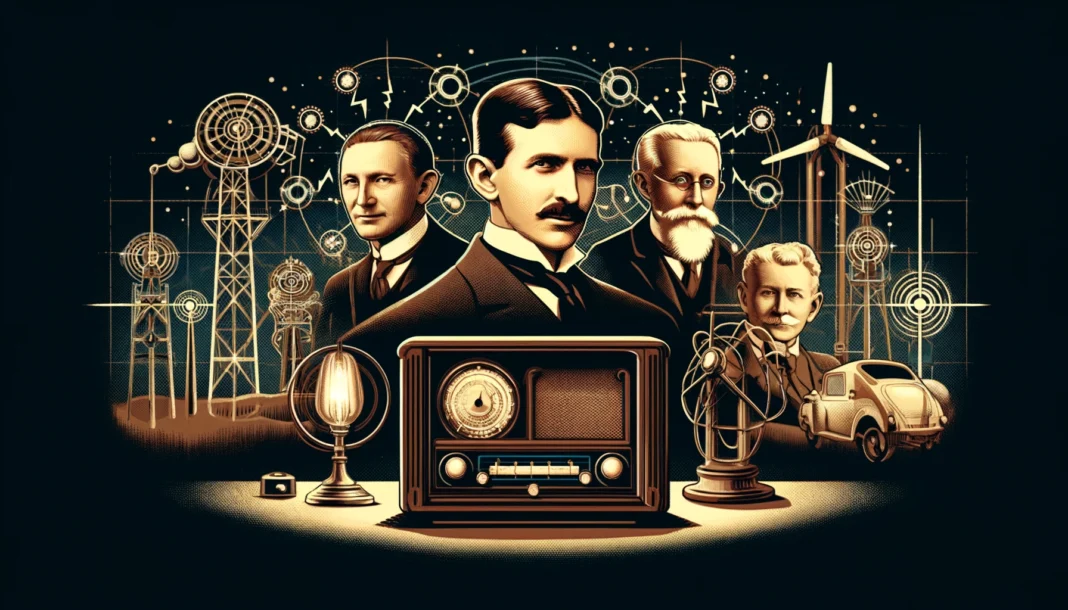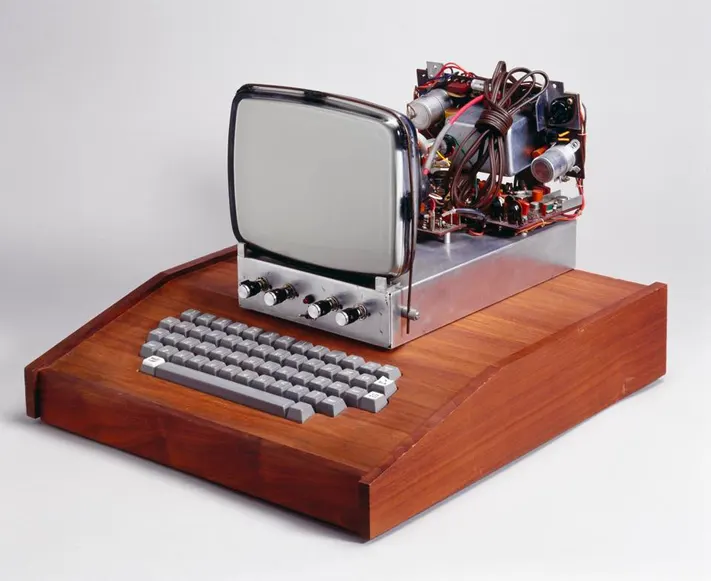The invention of radio revolutionized communication and entertainment, influencing society in unprecedented ways. The development of radio technology marked the beginning of a new era in mass communication, connecting people across the globe. Understanding who invented radio provides insight into the scientific progress of the late 19th and early 20th centuries, shedding light on the controversies surrounding technological innovation and the individuals who pioneered this transformative medium. You can also read this How Bessaron Revolutionizes Modern Computing: A Comprehensive Guide
The Origins of Radio
Radio, as a means of wireless communication, has significantly impacted how people interact with one another. The journey to its invention involved many brilliant minds, each contributing unique insights and innovations. Key figures such as James Clerk Maxwell, Heinrich Hertz, and Nikola Tesla laid the conceptual and technical foundations for radio, while later pioneers like Guglielmo Marconi and Reginald Fessenden brought these ideas to life. The question of “who invented radio” is complicated by overlapping discoveries and conflicting claims, making it a fascinating topic to explore.
Theoretical Foundations Maxwell and Hertz
James Clerk Maxwell’s Contributions
James Clerk Maxwell was a Scottish physicist whose groundbreaking theory of electromagnetism laid the foundation for radio. In the mid-19th century, Maxwell formulated his famous equations, which unified electricity, magnetism, and light into a single theory. These equations predicted the existence of electromagnetic waves, which would later become crucial to radio technology. Maxwell’s theoretical work provided the conceptual framework necessary for the future development of wireless communication.
Heinrich Hertz’s Discoveries
Heinrich Hertz, a German physicist, conducted experiments in the late 1880s that validated Maxwell’s theory. Hertz was able to generate and detect electromagnetic waves in his laboratory, demonstrating the existence of radio waves. Although Hertz viewed his work as a theoretical exploration, his discoveries provided crucial evidence for the feasibility of wireless communication. Hertz’s name is immortalized in the unit of frequency, “hertz,” reflecting his significant contributions to the field.
Pioneers of Radio Tesla, Marconi, and Others
Nikola Tesla’s Role
Nikola Tesla, a Serbian-American inventor, made significant strides in wireless transmission during the late 19th and early 20th centuries. Tesla’s experiments with alternating current and his vision of wireless energy transfer demonstrated the potential for wireless communication. He built and tested numerous prototypes, including a high-voltage transmitter, which he believed could send messages wirelessly across the globe. Tesla’s ambitious projects, such as the Wardenclyffe Tower, aimed to create a global wireless communication system, although they ultimately faced financial difficulties.
Guglielmo Marconi’s Breakthroughs
Guglielmo Marconi, an Italian inventor, is often credited with inventing the radio, primarily due to his practical application of wireless telegraphy. In 1895, Marconi successfully sent wireless signals over a mile, leading to his first patent in 1896. Marconi’s focus on commercializing wireless communication enabled him to secure patents and establish successful businesses, including the Marconi Company. His groundbreaking achievements, such as the first transatlantic radio transmission in 1901, cemented his place in radio history. Marconi’s success highlights the importance of practical application and commercialization in technological innovation.
Other Key Contributors
Several other important figures contributed to radio’s development. Alexander Popov, a Russian physicist, demonstrated a wireless signaling system in 1895, similar to Marconi’s early experiments. Popov’s work, primarily focused on detecting atmospheric lightning, laid the groundwork for wireless communication in Russia. Reginald Fessenden, a Canadian inventor, achieved early voice transmission over radio waves, demonstrating the potential for audio broadcasting. Fessenden’s innovations, including the development of amplitude modulation (AM) radio, expanded radio’s capabilities beyond simple Morse code communication.
Legal Battles The Dispute Between Tesla and Marconi
The question of “who invented radio” sparked legal disputes, most notably between Tesla and Marconi. Tesla’s earlier patents, filed in the late 19th century, covered essential components of radio technology, including the Tesla coil. However, Marconi’s practical application and commercial success initially earned him more recognition, culminating in the Nobel Prize in Physics in 1909. The legal battle over radio’s invention highlighted the challenges of determining priority in overlapping discoveries.
In 1943, the U.S. Supreme Court upheld Tesla’s patents, acknowledging his role in radio’s invention. This decision, influenced in part by the financial interests of the U.S. government, which faced patent infringement claims from Marconi’s company, further complicated the narrative. The dispute between Tesla and Marconi underscores the complexities of attributing credit in technological innovation, where multiple inventors often build upon each other’s work.
Impact on Society Radio as a Cultural Phenomenon
The invention of radio revolutionized communication, entertainment, and news dissemination. Radio brought music, news, and stories into homes worldwide, shaping public opinion and fostering a shared cultural experience. The medium’s immediacy and accessibility made it a powerful tool for shaping public discourse, particularly during times of crisis, such as World War II. Radio’s impact on society highlights its role as a democratizing force, bringing information and entertainment to people of all backgrounds.
The question of who invented radio highlights the collaborative nature of innovation, as multiple inventors contributed to the medium’s development. The invention of radio was not the work of a single individual but rather a collective achievement built on the contributions of many brilliant minds.
Conclusion The Collaborative Nature of Innovation
The invention of radio was a collaborative achievement, reflecting the interplay of theory, experimentation, and commercialization. The contributions of Maxwell, Hertz, Tesla, Marconi, and others illustrate the importance of building on each other’s work and recognizing the value of diverse perspectives in technological progress. The question of “who invented radio” underscores the need for a nuanced understanding of innovation, acknowledging the collaborative efforts that drive scientific and technological advancement.



